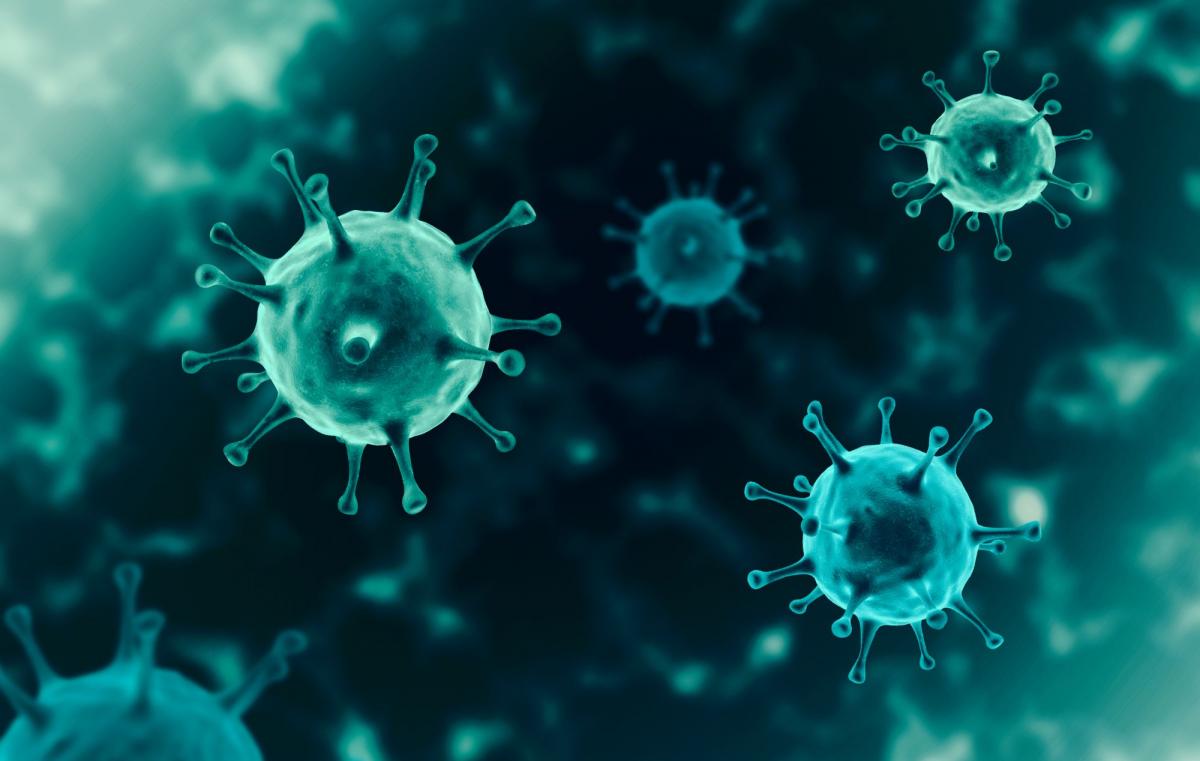Aspirin and COVID-19
New study finds aspirin use for cardiovascular disease may reduce likelihood of infection

Aspirin is an established, safe, and low-cost medication in long-standing common use in prevention and treatment of cardiovascular diseases, and in the past a pain relief and fever reducing medication. The use of aspirin was very popular during the 1918 Spanish Influenza pandemic, several decades before in-vitro confirmation of its activity against RNA viruses. Studies showed that aspirin, in addition to its well-known anti-inflammatory effects, could modulate the innate and adaptive immune responses helping the human immune system battle some viral infections.
With this information in mind Israeli researchers hypothesized that pre-infection treatment with low-dose aspirin (75mg) use might have a potential beneficial effect on COVID-19 susceptibility and disease duration. A joint team from Leumit Health Services, Bar-Ilan University, and Barzilai Medical Center conducted an observational epidemiological study, utilizing data from Leumit Health Services, a national health maintenance organization in Israel. Their findings were recently published in The FEBS Journal.
The researchers analyzed data of 10,477 persons who had been tested for COVID-19 during the first COVID-19 wave in Israel from February 1, 2020 to June 30, 2020. Aspirin use to avoid the development of cardiovascular diseases in healthy individuals was associated with a 29% lower likelihood of COVID-19 infection, as compared to aspirin non-users. The proportion of patients treated with aspirin was significantly lower among the COVID-19-positive individuals, as compared to the COVID-19-negative ones. And those subjects who had been treated with aspirin were less associated with the likelihood of COVID-19 infection than those who were not. Moreover, the group observed that the conversion time of SARS-CoV-2 PCR test results from positive to negative among aspirin-using COVID-positive patients was significantly shorter, and the disease duration was two-three days shorter, depending upon the patients' pre-existing conditions.
"This observation of the possible beneficial effect of low doses of aspirin on COVID-19 infection is preliminary but seems very promising," says Prof. Eli Magen from the Barzilai Medical Center, who led the study.
Study principal investigator Dr. Eugene Merzon, from Leumit Health Services, emphasizes the importance of repeating the study results using larger samples, and including patients from other hospitals and countries, to verify the results.
Dr. Milana Frenkel-Morgenstern, of the Azrieli Faculty of Medicine of Bar-Ilan University: “The present study sought to better understand the potential favorable effects of aspirin in aiding the human immune system battle COVID-19. We intend to investigate a larger cohort of patients and in randomized clinical trials."